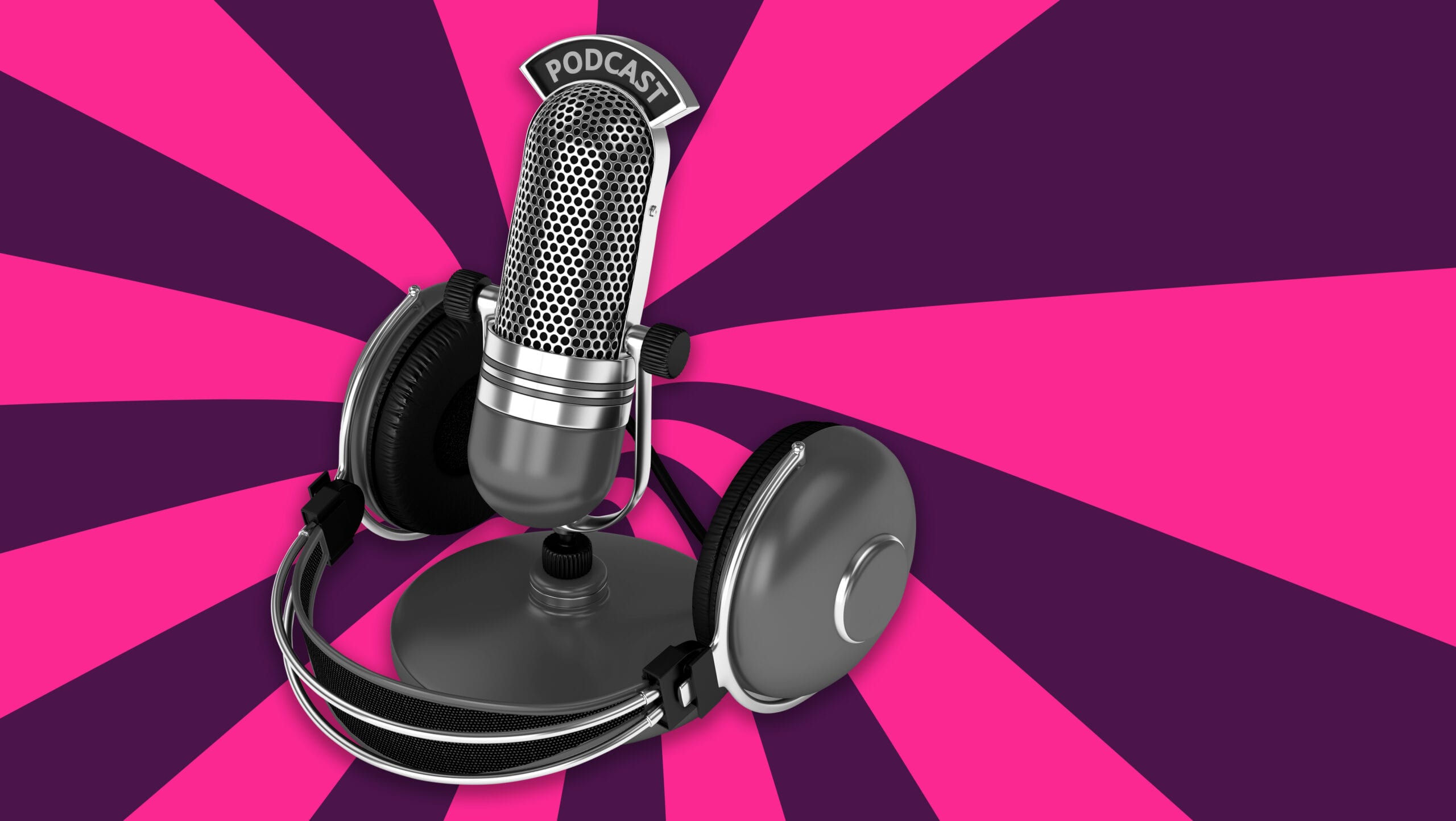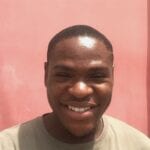Episode 8 of The Pride Diaries podcast opens with Sam Smith’s “Burning” playing in the background—a sombre, wistful track that sets the tone for that episode’s theme of queer heartbreak. Customary to the group discussion-style of past episodes, there is a brief introduction by the guest host of the week before others begin to voice their opinions or lend their perspective to the topic of discussion.
This is the core of the podcast: Between other carefully curated songs, various Nigerian queer voices share their stories of heartbreak. Some voices still carry hurt in them; others give nothing away. Some tell their story with an infectious lightheartedness, and for others, the storytelling is a much-needed catharsis. In the stead of public gatherings, which Nigerian queer people are legally barred from organizing or participating in, The Pride Diaries serves as an alternative means of congregating—sharing experiences and bearing witness to the different strokes that come with being queer in Nigeria.
Finding community in a representation like this has been an uphill battle, but Nigeria’s queer media has come a long way in the past decade. The country has written homophobia into law and normalized a layered and treacherous body of homophobic violence, making it difficult for LGBTQ artists and creators to put their work out into the world. But LGBTQ Nigerians have persisted: Queer writers, poets and journalists—including Akwaeke Emezi, Romeo Oriogun, I.S. Jones, Chibuihe Achimba, Vincent Desmond, Chike Frankie Edozien—are leading the pack. Publications like The Rustin Times, NoStrings, A Nasty Boy and KitoDiaries are publishing some of Nigeria’s foremost queer journalism. And independently produced movies and series are flourishing, like Walking With Shadows, We Don’t Live Here Anymore and, most recently, Ìfé—a romance film exploring the lives of two lesbians navigating their budding affection for each other over a three-day date released despite threats from Nigeria’s film censor board.
This work, created by and for queer folks, signifies hope and resistance. It falls in line with a historical pattern of LGBTQ Nigerians fighting oppression by reimagining our embattled existences and presenting ourselves, through art, in the way we truly see ourselves—not through the disapproving and often violent gaze with which our immediate society chooses to view us. These creators are also actively establishing safe spaces for other queer folks through their work, ensuring that the lives of Nigerian queer folks remain shielded from the erasure that often follows queer existence.
Joining the growing list of Nigerian queer representation are podcasts like The Pride Diaries. Since 2015, more than six queer podcasts have been created in Nigeria, each with its unique point of view and the base goal of connecting with other queer people and forming community. These podcasts are usually run by young queer Nigerians who, in the past five years, have provided queer company to a rapidly growing community of listeners.
Some podcasts, as Olaide Kayode Timileyin tells me, aim to provide education, representation and inclusion. Timileyin is the showrunner and host of Queercity, which explores everything about the Nigerian queer lifestyle. “I felt a podcast would be a good way to reach [queer] folks anonymously, lend a voice to the [queer] community, and also document the present times,” he says.
“‘I felt a podcast would be a good way to reach queer folks anonymously, lend a voice to the queer community, and also document the present times,’ says Timileyin”
Timileyin, a 23-year-old university student who sometimes goes by the pseudonym Queernerd, started Queercity in April 2018 while spending a school break at his parent’s house. Looking for privacy, he snuck away to a bathroom and started recording on his phone. It took 11 months, but Timileyin was able to secure sponsors willing to buy airtime and fund the purchase of better recording equipment. Now, two years since its debut, Queercity has more than 200 downloads per episode.
While podcasts in Nigeria like Queercity are just beginning to bud in popularity, they’ve quickly become a means of amplifying queer voices. The Pride Diaries, for instance, centres the queer Nigerian experience with nuance, exploring different facets of LGBTQ life in the country. In one episode, LGBTQ Nigerians share their feelings about the stereotype of queer promiscuity; in another, the conversation revolves around the oft-neglected subject of abuse within queer relationships. Other lighter episode topics—like music for LGBTQ Nigerians—create a layered look at queer Nigerian life.
Mariam Sule, the creator of The Pride Diaries, tells me that the idea for the podcast arose from a conversation she was having with friends about coming out and discovering their queerness. The 24 year old, who is a writer and entrepreneur by day, wanted to hear from LGBTQ Nigerians outside of her own circle, so she asked queer people to send in voice notes sharing how they came to terms with their identity. The podcast—and in many ways, a community—was born.
But getting people to participate wasn’t easy at first. “I went from personal phone calls and messages [at first] to social media posts asking people to send voice notes,” Sule says.
Many episodes of The Pride Diaries mirror the struggles Sule deals with as a queer person herself; the heartbreak episode, for example, was recorded when she was going through a break-up and needed to hear other queer people talk about their experiences to help her through it.
“‘I want queer people to know we are not alone at all, and for others to know we are here,’ Sule says”
One of the earliest and still running Nigerian podcasts is NoStrings, which highlights the lived experience of queer Nigerians in light of the Same-Sex Marriage Prohibition Act, legislation from 2013 that bars gay marriage in the country. This podcast arm of NoStrings was founded in 2015 amid the increased emergence of queer-themed content mainly across literature and film.
To reiterate the unifying power of queer representation in Nigeria, the show’s founder, Mike Daemon, tells me that the reception NoStrings received when it was created was unprecedented: Its first season garnered thousands of downloads, and many listeners reached out to tell Daemon they found the podcast inspiring.
And with a sparse and almost non-existent history of queer bodies in Nigeria’s past, the varied ways in which queer content creators—podcasters included—are raising their voices and creating relevant art in this time is a huge step toward ensuring that the generation ahead will always find their way back. They will have enough history to guide their future and will never feel erased, or unsure of how deserving they are of existing. That is the importance and joy of creating queer content.
As Sule tells me, “That we’re queers living in Nigeria doesn’t mean we can’t have a voice. I want queer people to know we are not alone at all, and for others to know we are here.”


 Why you can trust Xtra
Why you can trust Xtra


